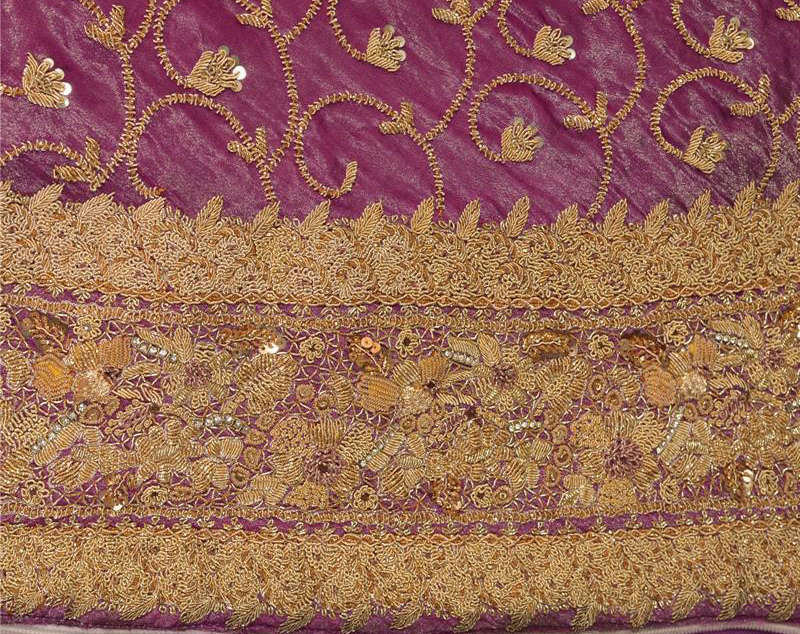===
0745,
4
===

=== |
 |
fishaa;N : 'Scattering, strewing; shedding; spreading, expanding, diffusing; strewed'. (Platts p.81)
saal : 'A thorn;—(fig.) pain, affliction, trouble'. (Platts p.626)
FWP:
SETS == GROTESQUERIE; HI; KYA
MOTIFS == SUN
NAMES
TERMSI had originally translated ;xve-fishaa;N as 'sweat-beaded'. Then I decided I'd better trade up to 'perspiration', since ;xve was a rare word, and much more elegant than the usual pasiinah ; I had used only 'beaded', adopting the very secondary passive sense of fishaa;N (see the definition above) of 'strewed' or 'scattered', rather than the normal sense of 'scattering', 'diffusing', because I wanted to avoid the unappealing vision of the beloved's sweaty face scattering drops of perspiration in all directions like a sprinkler.
But SRF goes out of his way to speak of the beloved's face as 'dripping' with perspiration, and is quite willing to interpret this as one more expression of the beloved's supreme beauty, so I shouldn't be over-genteel. After all, It's not as distasteful an image as the lover's bursting blisters. But stilll, it's hard to consider a face to be radiant and beautiful precisely by virtue of its being literally 'perspiration-scattering', or dripping with sweat. Never mind, I agree that it's a side issue, and no more bizarre than many other ghazal conventions.
After the first line has left us expecting to hear more about the shame of the stars, the second line not only ignores the stars entirely, but doesn't care about the perspiration-sprinkling issue either. Instead, it is devoted to the allegedly similar [bhii] miseries of the sun, and to some extremely clever and flashy wordplay. In fact it enables us to realize realize that the first line was only designed to set the scene for the excellent wall-to-wall interlocking wordplay of the second line.